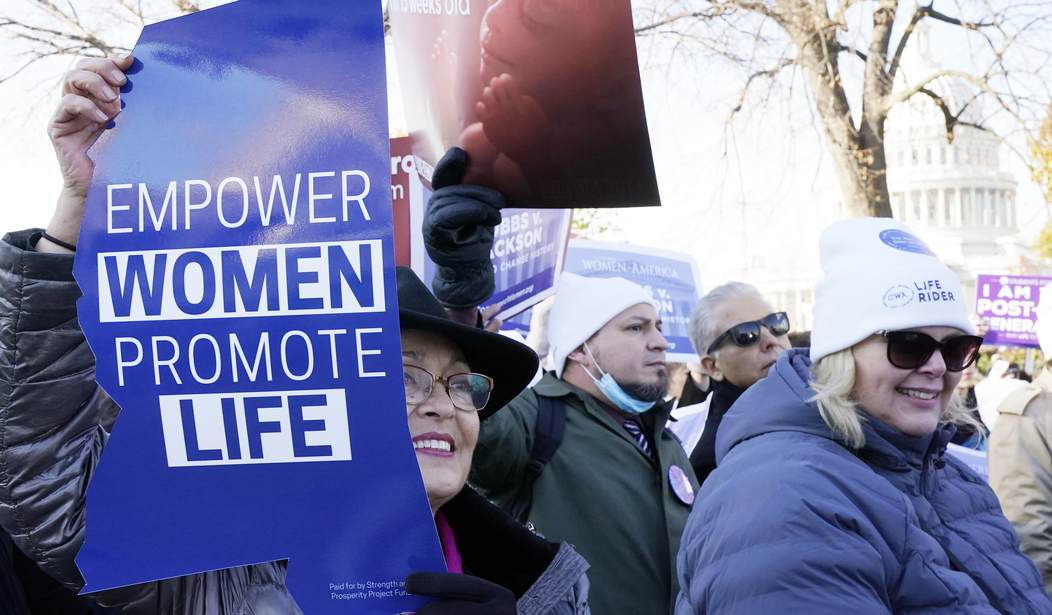For decades, the pro-life movement has centered its message around gestational age, fetal development, and the sanctity of life in the womb. Medical terms and week-by-week comparisons of fetal growth have dominated much of the conversation. But while these facts matter, they fail to speak to the heart of the issue: why women seek abortions in the first place.
If we truly want to be pro-life—not just pro-birth, as we’re often accused of—we need to shift our focus. Instead of solely asking when life begins, we must start asking why a woman feels she can't carry a life forward.
The answer is rarely simple. But it is revealing.
According to a comprehensive study by the Guttmacher Institute, three out of four women who chose abortion cited economic hardship, lack of partner support, or the need to care for other children as primary factors. Only 1% cited rape. Just 4% cited concerns for their own health. Yet, pro-life messaging often centers on these rare exceptions or fixates on medical milestones like a detectable heartbeat or fetal viability.
These are important scientific markers, yes. But they don't reflect the lived reality of a woman sitting in a clinic, overwhelmed and alone.
Here's what else the data shows:
- 73% of women said they couldn't afford a baby at that time.
- 48% said they didn't want to be a single mother or were having relationship problems.
- 38% said they had completed their childbearing.
- Nearly 1 in 3 said their partner didn't want the child.
These aren’t heartless women choosing abortion casually. These are women who feel unsupported, trapped, and without real alternatives. Many of them might want to choose life—but feel they can’t.
Recommended
So where is the pro-life movement when a woman is crying in her car because her boyfriend threatened to leave her if she doesn't "take care of it”? Where is our outrage when a woman chooses abortion because her employer doesn't offer maternity leave or because she knows her landlord won't let her keep the baby? Where is the challenge to men—who are equally responsible for these pregnancies—who vanish at the first sign of difficulty or coerce their partners into ending it?
For too long, pro-life advocacy has looked at women and wagged a finger. What it should do is look at society and raise a fist.
This means holding men accountable for their role—not just in conception, but in abandonment. It means demanding workplace reforms, affordable childcare, housing security, and robust support for single mothers. It means creating a culture where "choosing life” doesn't mean choosing poverty, shame, or isolation.
If the pro-life movement wants to defend life, it must also shame the behavior that puts women in the impossible position of choosing between their future and their child's. We cannot claim to value life while letting men walk away from the lives they are also responsible for. It is time to call out the cowards—the ones who pressure, manipulate, or abandon.
We need to stop letting them hide behind silence or excuses. They need to man up and step up. Support doesn't end at conception. Real men protect. Real men provide. Real men stay. The pro-life movement must be just as vocal in condemning the men who emotionally blackmail women into abortion as it is about condemning the act itself.
We also need to ask ourselves uncomfortable questions. Are we offering women more than a sonogram and a pamphlet? Are we present not just at the clinic doors but for the years that follow? Are we making adoption easier and less stigmatized? Are we surrounding women with communities that say, you don't have to do this alone?
The pro-life message needs to evolve—not in its core belief that life is sacred, but in its compassion and complexity. It's not enough to be against abortion. We have to be for women. For babies. For families. For justice.
Let's stop debating weeks and start changing and saving lives.

























Join the conversation as a VIP Member